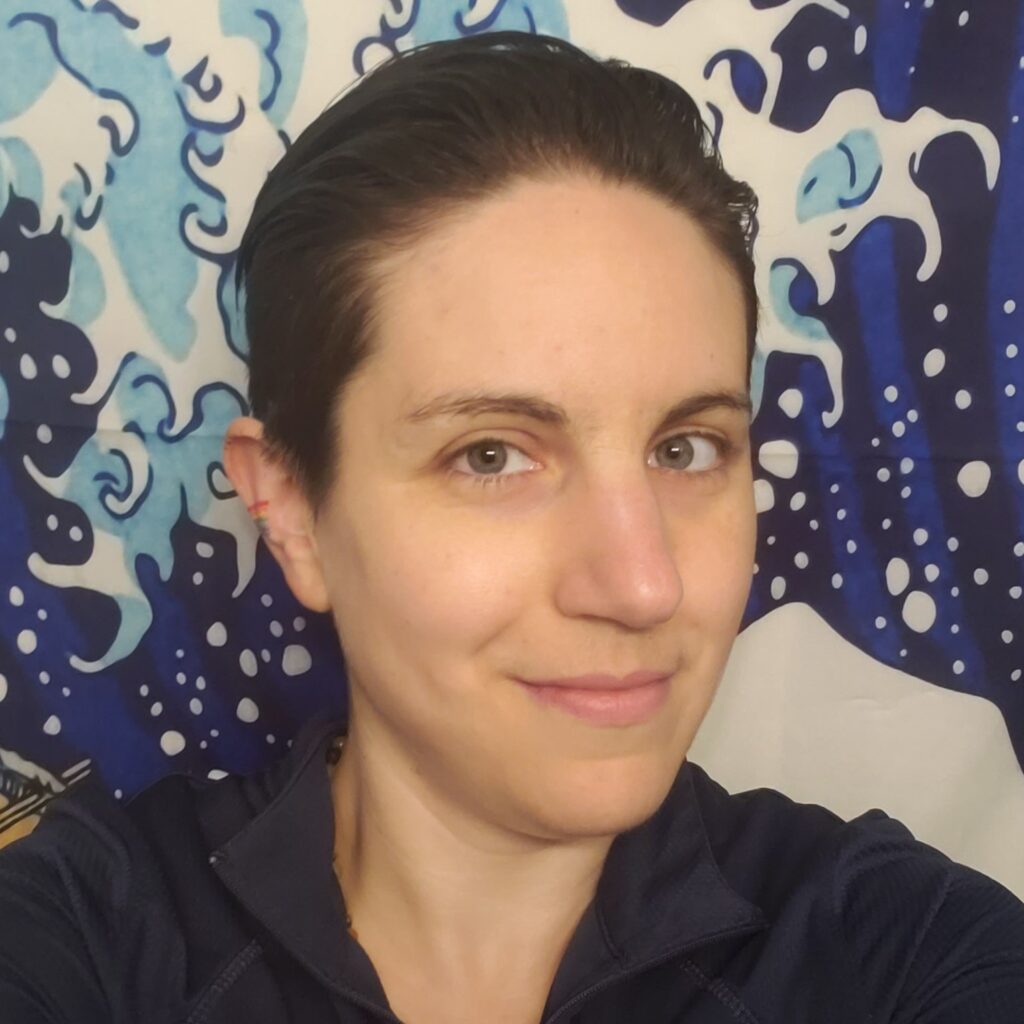Walking to Mordor: A Case Study for Conducting Evacuation Route Assessments
Given the unpredictable nature of hazards such as tsunamis, lahars, and wildfires which can necessitate sudden evacuations, clearly marked and accessible evacuation routes are vital. However, many evacuation routes are identified via GIS or other mapping programs and often have not been physically walked. In addition, routes can degrade over time due to weather or be altered by changing land use and ownership. It is therefore important that identified routes be assessed in person to determine ongoing viability and accessibility.
Subject matter experts from Washington Emergency Management Division’s tsunami program will provide a case study of their collaboration with the University of Washington to assess the state’s mapped tsunami evacuation routes. The purpose of this project was to gather data for local jurisdictions on where new tsunami signs and replacement signs are needed, which routes require maintenance or have become inaccessible, and other relevant wayfinding information. This data was then provided to local emergency management in the easy-to-use online Google MyMaps platform. The methods used in this project are easily replicable for other jurisdictions and hazards, and attendees will come away with useful strategies and tools to implement in their own work.
About the Presenter

Elyssa Tappero serves as the Tsunami Program Manager for the Emergency Management Division (EMD) of the Washington State Military Department. She is a respected subject matter expert on tsunami mitigation, alerting, response, evacuation planning and vertical evacuation structures, and policy for local, tribal, state, federal, and international stakeholders. Through an annual NOAA/NWS grant, Elyssa coordinates a wide variety of state and national-level projects that aim to improve tsunami hazard resiliency in the United States. She is passionate about advocating for stronger diversity and equity initiatives and providing accessibility resources and training to stakeholders. Prior to her time with EMD, Elyssa provided disaster preparedness training through The American Red Cross and managed federal research grants with The Geneva Foundation. She has bachelors’ degrees in Geoscience and History from Pacific Lutheran University.